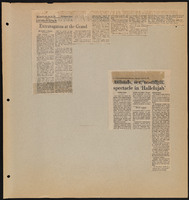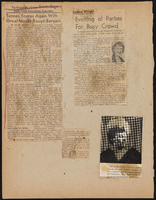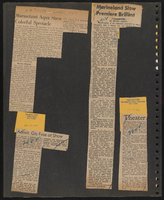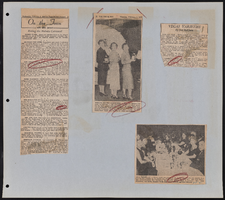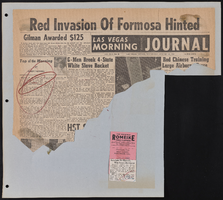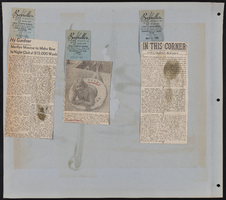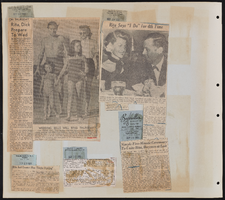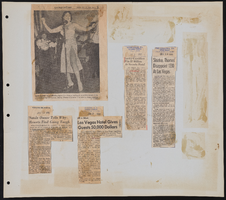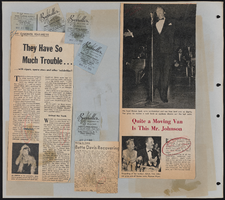Search the Special Collections and Archives Portal
Search Results
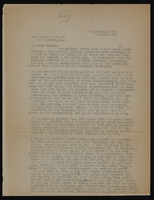
Correspondence, Levi Syphus to Hon. Thomas Toland
Date
1925-03-03
Archival Collection
Description
This folder is from the "Correspondence" file of the Sadie and Hampton George Papers (MS-00434)
Text
Pagination
Refine my results
Content Type
Creator or Contributor
Subject
Archival Collection
Digital Project
Resource Type
Year
Material Type
Place
Language
Records Classification

